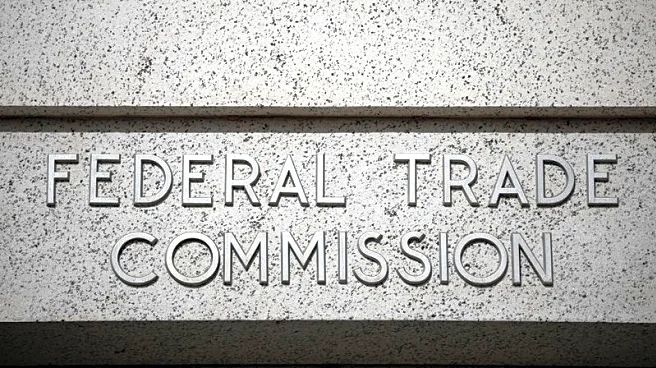What's Happening?
A 13-year-old boy in New Zealand required surgery after ingesting dozens of high-powered magnets, leading to the loss of part of his bowel. The magnets, which were 5x2 millimeters in size, formed chains
inside his intestines, causing pressure necrosis. The boy was hospitalized with abdominal pain four days after ingestion and underwent surgery to remove the magnets and affected tissue. The magnets were reportedly purchased from the online marketplace Temu, although the company has not confirmed this. The sale of such magnets is banned in New Zealand, but they remain available online.
Why It's Important?
This case highlights the dangers of high-powered magnets, which pose significant health risks if ingested. The incident underscores the challenges of regulating online sales of hazardous products, as these magnets are still accessible despite local bans. The health implications are severe, with potential long-term consequences for those affected. The situation also raises questions about the responsibility of online platforms in ensuring product safety and compliance with local laws. The broader impact includes potential changes in consumer safety regulations and increased public awareness of the risks associated with these products.
What's Next?
Temu has launched an internal review to ensure compliance with safety regulations and remove any non-compliant products. This incident may prompt further scrutiny of online marketplaces and their role in selling potentially dangerous items. Consumer safety agencies may also push for stricter regulations on the sale of high-powered magnets, both online and offline. The case could lead to increased efforts to educate the public about the risks of these products and the importance of adhering to safety guidelines.
Beyond the Headlines
The ethical responsibility of online retailers in monitoring product safety is a key issue highlighted by this case. It also raises cultural questions about consumer awareness and the appeal of novelty items that pose health risks. Long-term, this incident could influence regulatory policies and consumer behavior, emphasizing the importance of safety over novelty in product selection.










